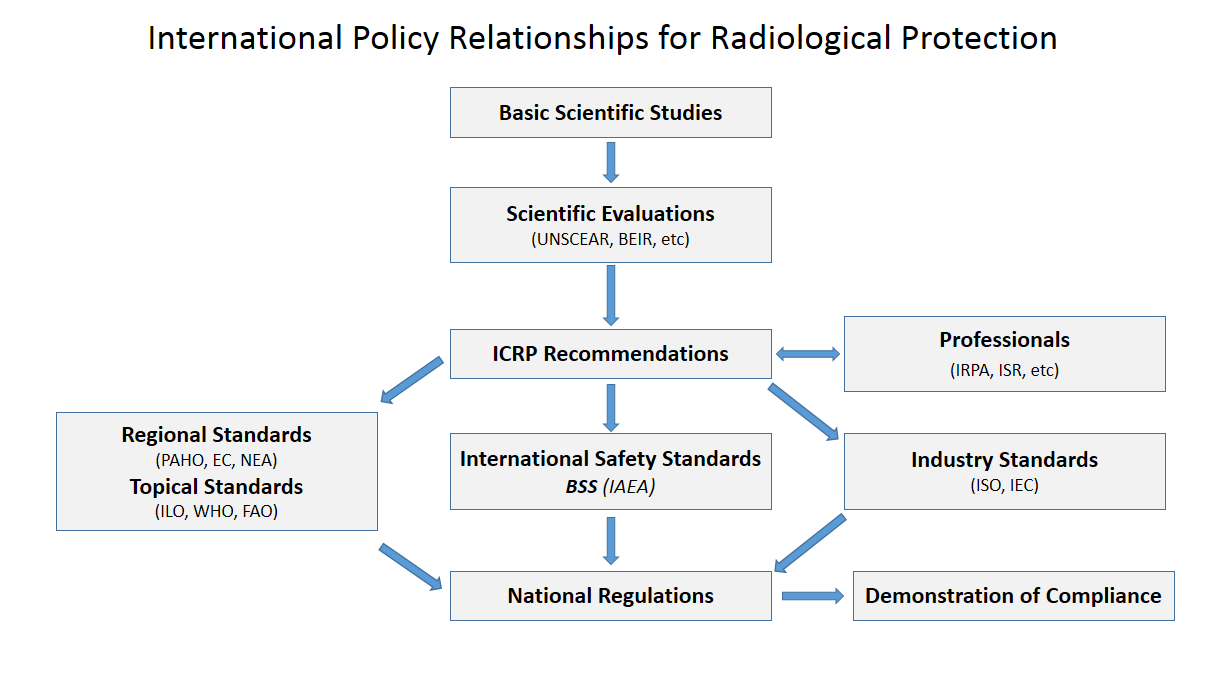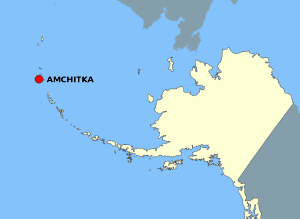|
World Nuclear Industry Status Report
''The World Nuclear Industry Status Report'' is a yearly report on the nuclear power industry. It is produced by Mycle Schneider, an anti-nuclear activist and a founding member of WISE-Paris, which he directed from 1983 to 2003. 2019 Report The 2019 report reached the conclusion that 'Stabilizing the climate is urgent, nuclear power is slow. uclear powermeets no technical or operational need that these low-carbon competitors ind, solar and other renewable energycannot meet better, cheaper, and faster. Even sustaining economically distressed reactors saves less carbon per dollar and per year than reinvesting its avoidable operating cost (let alone its avoidable new subsidies) into cheaper efficiency and renewables.' The report also reached the conclusion that Small Modular Reactors are unlikely to play any significant role in the future energy landscape. 2017 Data-visualization tool In January an interactive visualization on nuclear power construction was launched. This contains ... [...More Info...] [...Related Items...] OR: [Wikipedia] [Google] [Baidu] |
Mycle Schneider
Mycle Schneider (pronounced ''Michael'', /ˈmaɪkəl/) (born 1959 in Cologne) is a Paris-based nuclear energy consultant and anti-nuclear activist. He is the lead author of ''The World Nuclear Industry Status Reports''. He has advised members of the European Parliament on energy issues for more than twenty years. In 1997 he received the Right Livelihood Award.Right Livelihood Award: 1997 – Mycle Schneider Biography Mycle Schneider is a self-taught energy consultant,Nuclear Dead End''Bangkok Post'', 15 April 2010. nuclear analyst, and anti-nuclear activist who has been adviser ... [...More Info...] [...Related Items...] OR: [Wikipedia] [Google] [Baidu] |
Amory Lovins
Amory Bloch Lovins (born November 13, 1947) is an American writer, physicist, and former chairman/chief scientist of the Rocky Mountain Institute. He has written on energy policy and related areas for four decades, and served on the US National Petroleum Council, an oil industry lobbying group, from 2011 to 2018. Lovins has promoted energy efficiency, the use of renewable energy sources, and the generation of energy at or near the site where the energy is actually used. Lovins has also advocated a "negawatt revolution" arguing that utility customers don't want kilowatt-hours of electricity; they want energy services. In the 1990s, his work with Rocky Mountain Institute included the design of an ultra-efficient automobile, the Hypercar. He has provided expert testimony and published 31 books, including ''Reinventing Fire'', ''Winning the Oil Endgame'', '' Small is Profitable'', ''Brittle Power'', and ''Natural Capitalism''. Early life and education Lovins was born in Washing ... [...More Info...] [...Related Items...] OR: [Wikipedia] [Google] [Baidu] |
Nuclear Renaissance
Since about 2001 the term nuclear renaissance has been used to refer to a possible nuclear power industry revival, driven by rising fossil fuel prices and new concerns about meeting greenhouse gas emission limits. In the 2009 ''World Energy Outlook'', the International Energy Agency stated that: A nuclear renaissance is possible but cannot occur overnight. Nuclear projects face significant hurdles, including extended construction periods and related risks, long licensing processes and manpower shortages, plus long‐standing issues related to waste disposal, proliferation and local opposition. The financing of new nuclear power plants, especially in liberalized markets, has always been difficult and the financial crisis seems almost certain to have made it even more so. The huge capital requirements, combined with risks of cost overruns and regulatory uncertainties, make investors and lenders very cautious, even when demand growth is robust.International Energy Agency, ''Wor ... [...More Info...] [...Related Items...] OR: [Wikipedia] [Google] [Baidu] |
Nuclear Energy Policy
Nuclear energy policy is a national and international policy concerning some or all aspects of nuclear energy and the nuclear fuel cycle, such as uranium mining, ore concentration, conversion, enrichment for nuclear fuel, generating electricity by nuclear power, storing and reprocessing spent nuclear fuel, and disposal of radioactive waste. Nuclear energy policies often include the regulation of energy use and standards relating to the nuclear fuel cycle. Other measures include efficiency standards, safety regulations, emission standards, fiscal policies, and legislation on energy trading, transport of nuclear waste and contaminated materials, and their storage. Governments might subsidize nuclear energy and arrange international treaties and trade agreements about the import and export of nuclear technology, electricity, nuclear waste, and uranium. Since about 2001 the term nuclear renaissance has been used to refer to a possible nuclear power industry revival, but nuclea ... [...More Info...] [...Related Items...] OR: [Wikipedia] [Google] [Baidu] |
International Atomic Energy Agency
The International Atomic Energy Agency (IAEA) is an intergovernmental organization that seeks to promote the peaceful use of nuclear energy and to inhibit its use for any military purpose, including nuclear weapons. It was established in 1957 as an autonomous organization within the United Nations system; though governed by its own founding treaty, the organization reports to both the General Assembly and the Security Council of the United Nations, and is headquartered at the UN Office at Vienna, Austria. The IAEA was created in response to growing international concern toward nuclear weapons, especially amid rising tensions between the foremost nuclear powers, the United States and the Soviet Union. U.S. President Dwight D. Eisenhower's " Atoms for Peace" speech, which called for the creation of an international organization to monitor the global proliferation of nuclear resources and technology, is credited with catalyzing the formation of the IAEA, whose treaty came into ... [...More Info...] [...Related Items...] OR: [Wikipedia] [Google] [Baidu] |
World Watch Institute
The Worldwatch Institute was a globally focused environmental research organization based in Washington, D.C., founded by Lester R. Brown. Worldwatch was named as one of the top ten sustainable development research organizations by Globescan Survey of Sustainability Experts. Brown left to found the Earth Policy Institute in 2000. The institute terminated in 2017, after publication of its last '' State of the World Report''. Worldwatch.org was unreachable from mid 2019. Mission The mission of the Institute read: "Through research and outreach that inspire action, the Worldwatch Institute works to accelerate the transition to a sustainable world that meets human needs. The Institute's top mission objectives are universal access to renewable energy and nutritious food, expansion of environmentally sound jobs and development, transformation of cultures from consumerism to sustainability, and an early end to population growth through healthy and intentional childbearing." The Worldwa ... [...More Info...] [...Related Items...] OR: [Wikipedia] [Google] [Baidu] |
Greenpeace International
Greenpeace is an independent global campaigning network, founded in Canada in 1971 by Irving Stowe and Dorothy Stowe, immigrant environmental activists from the United States. Greenpeace states its goal is to "ensure the ability of the Earth to nurture life in all its diversity" and focuses its campaigning on worldwide issues such as climate change, deforestation, overfishing, commercial whaling, genetic engineering, and anti-nuclear issues. It uses direct action, lobbying, research, and ecotage to achieve its goals. The network comprises 26 independent national/regional organisations in over 55 countries across Europe, the Americas, Africa, Asia and the Pacific, as well as a co-ordinating body, Greenpeace International, based in Amsterdam, the Netherlands. The global network does not accept funding from governments, corporations, or political parties, relying on three million individual supporters and foundation grants. [...More Info...] [...Related Items...] OR: [Wikipedia] [Google] [Baidu] |
European Parliament
The European Parliament (EP) is one of the legislative bodies of the European Union and one of its seven institutions. Together with the Council of the European Union (known as the Council and informally as the Council of Ministers), it adopts European legislation, following a proposal by the European Commission. The Parliament is composed of 705 members (MEPs). It represents the second-largest democratic electorate in the world (after the Parliament of India), with an electorate of 375 million eligible voters in 2009. Since 1979, the Parliament has been directly elected every five years by the citizens of the European Union through universal suffrage. Voter turnout in parliamentary elections decreased each time after 1979 until 2019, when voter turnout increased by eight percentage points, and rose above 50% for the first time since 1994. The voting age is 18 in all EU member states except for Malta and Austria, where it is 16, and Greece, where it is 17. Although the E ... [...More Info...] [...Related Items...] OR: [Wikipedia] [Google] [Baidu] |
Bulletin Of The Atomic Scientists
The ''Bulletin of the Atomic Scientists'' is a nonprofit organization concerning science and global security issues resulting from accelerating technological advances that have negative consequences for humanity. The ''Bulletin'' publishes content at both a free-access website and a bi-monthly, nontechnical academic journal. The organization has been publishing continuously since 1945, when it was founded by former Manhattan Project scientists as the ''Bulletin of the Atomic Scientists of Chicago'' immediately following the atomic bombings of Hiroshima and Nagasaki. The organization is also the keeper of the symbolic Doomsday Clock, the time of which is announced each January. Background One of the driving forces behind the creation of the ''Bulletin'' was the amount of public interest surrounding atomic energy and rapid technological change at the dawn of the Atomic Age. In 1945 the public interest in Nuclear warfare, atomic warfare and Nuclear weaponry, weaponry inspired cont ... [...More Info...] [...Related Items...] OR: [Wikipedia] [Google] [Baidu] |
Federal Ministry For Environment, Nature Conservation And Nuclear Safety
The Federal Ministry for the Environment, Nature Conservation, Nuclear Safety and Consumer Protection (german: Bundesministerium für Umwelt, Naturschutz, nukleare Sicherheit und Verbraucherschutz, ), abbreviated BMUV, is a cabinet-level ministry of the Federal Republic of Germany. It has branches in Bonn and Berlin. The ministry was established on 6 June 1986 in response to the Chernobyl disaster. The then Federal Government wanted to combine environmental authority under a new minister in order to face new environmental challenges more effectively. Furthermore The Greens had been formed a few years prior in part as an anti-nuclear environmentalist party and had achieved federal representation in 1983 and Joschka Fischer had been appointed minister of the environment for Hesse the previous year, marking the first state level red-green coalition in Germany. Thus the CDU/CSU intended to project a message of taking the environment seriously in an era in which the Greens wer ... [...More Info...] [...Related Items...] OR: [Wikipedia] [Google] [Baidu] |
Nuclear Power Plant
A nuclear power plant (NPP) is a thermal power station in which the heat source is a nuclear reactor. As is typical of thermal power stations, heat is used to generate steam that drives a steam turbine connected to a electric generator, generator that produces electricity. , the International Atomic Energy Agency reported there were 422 nuclear power reactors in operation in 32 countries around the world, and 57 nuclear power reactors under construction. Nuclear plants are very often used for base load since their operations, maintenance, and fuel costs are at the lower end of the spectrum of costs. However, building a nuclear power plant often spans five to ten years, which can accrue to significant financial costs, depending on how the initial investments are financed. Nuclear power plants have a carbon footprint comparable to that of renewable energy such as photovoltaic power station, solar farms and wind farms, and much lower than fossil fuels such as gas-fired ... [...More Info...] [...Related Items...] OR: [Wikipedia] [Google] [Baidu] |
.jpg)



.jpg)
